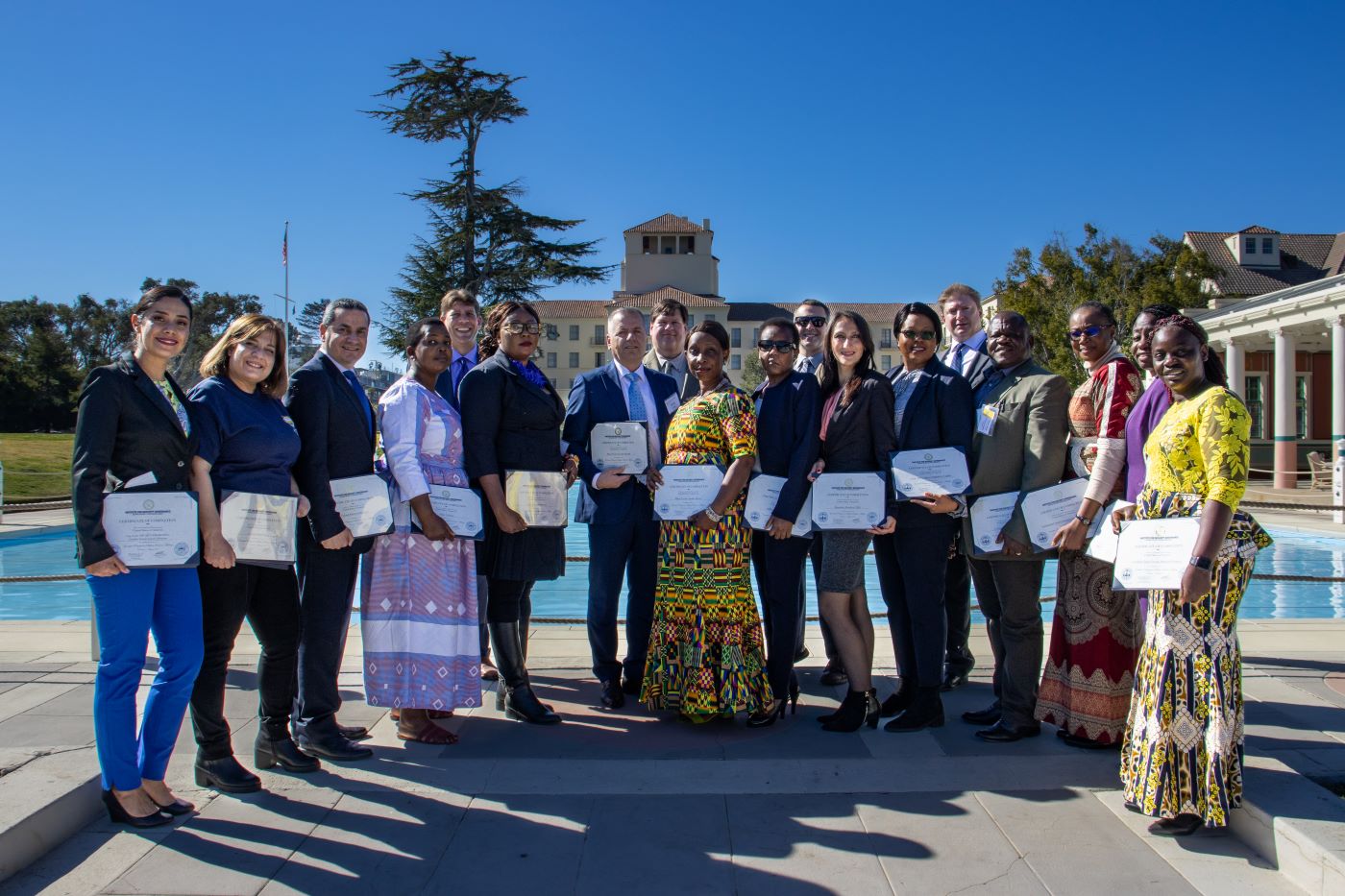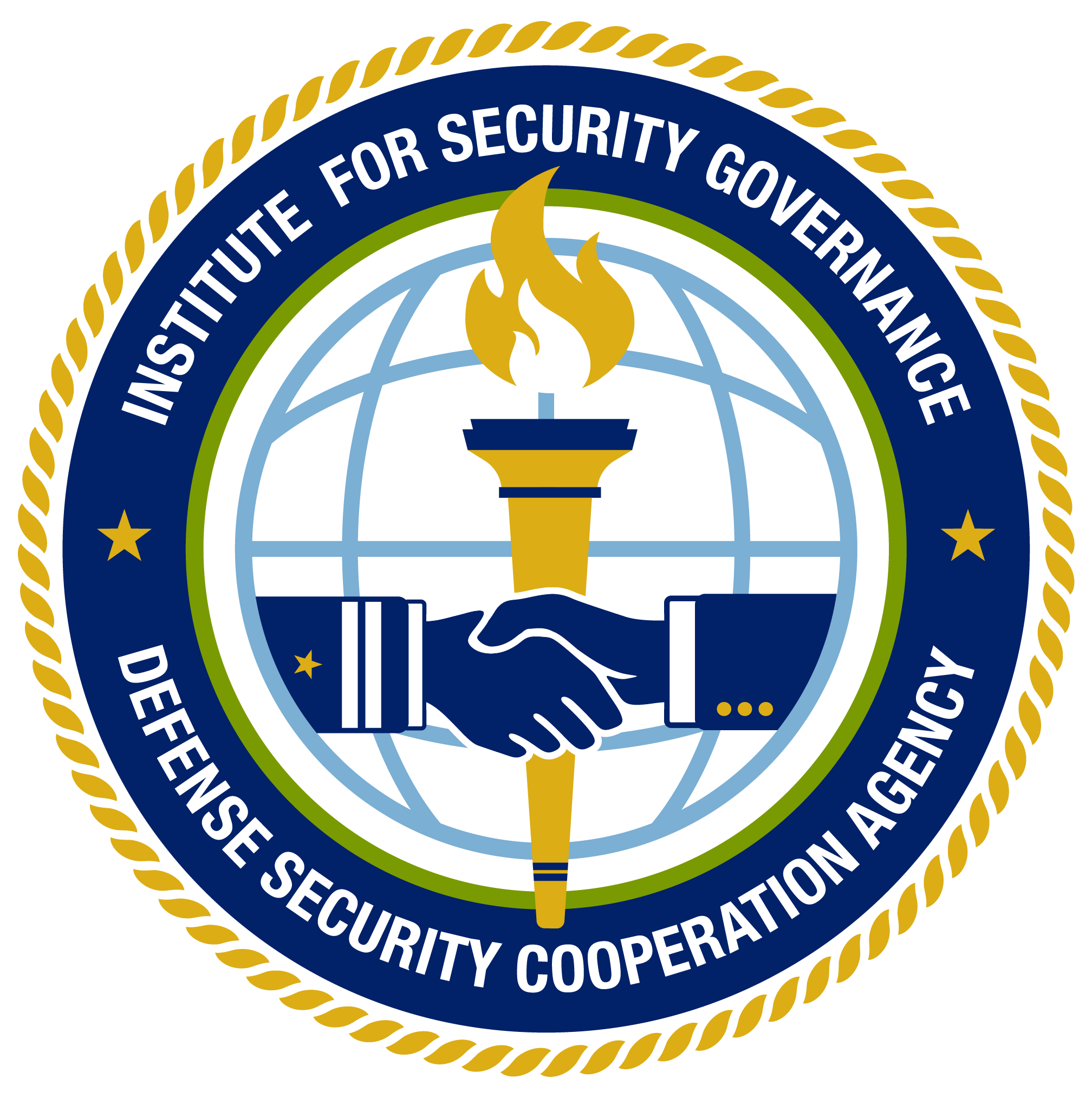FLAG OFFICER’S ROUNDTABLE: EXECUTIVE PROGRAM ON DEFENSE DECISION-MAKING - Defense Security Cooperation University

Apr 4, 2022
FLAG OFFICER’S ROUNDTABLE: EXECUTIVE PROGRAM ON DEFENSE DECISION-MAKING
By Tally Helfont and Nick Tomb
Senior civilian and military officials throughout the international defense, intelligence, and law enforcement communities make daily strategic decisions in defense of their countries. In doing so, they encounter many of the same institutional, political, and resourcing challenges that their colleagues from other countries face. These challenges include the ability to effectively identify threats, assign roles and missions to security institutions, develop ministry-level strategies, enhance interagency coordination, and create strategic communication campaigns that ensure whole-of-government responses to national security challenges. At the strategic level, senior executives can transform their ministries, departments, and agencies to overcome these challenges. However, effective, long-term successful transformation depends on acquiring and utilizing specialized skills needed to address institutional challenges.
To support U.S. Partners and Allies in meeting these goals, the Institute for Security Governance (ISG) offers a flagship seminar on defense decision-making twice per year in Monterey, California. This two-week course is designed for senior military officers and civilians (Military: O6 and above; Civilian Equivalents) from Security Cooperation Partners around the globe. The goal of this seminar is to empower participants with the knowledge and skills-sets needed to be effective decision-makers, and to act as agents of change to transform their security institutions and to address ever-evolving national security challenges.
The most recent iteration of ISG’s “Executive Program in Defense Decision-Making” Resident Course concluded in February 2022 and included 14 participants from 12 countries. Among the participants were three flag officers, who generously agreed to share their thoughts and their experiences during the course with us. They include Major General Gezim Harolli, Director of the Kosovar Ministry of Defense’s (MoD) Intelligence Directorate; Brigadier General Geraldine Janet George, Deputy Chief of Staff of the Armed Forces of Liberia (AFL); and Brigadier General Joyce Sitienel, Director of the Kenyan International Peace Support Training Centre.
In your view, what do countries need to pay more attention to with regard to emerging national security threats?
MG Harolli: More attention is needed with regard to early detection; creating needed capabilities; and cooperating with neighboring countries and allies to be better prepared to counter emerging national security threats.
BG George: Sustained attention is needed for state threats; transnational threats; terrorism; the pandemic; natural and man-made disasters; and the transit of illegal drugs.
BG Sitienel: The increasing threat of terrorism as a cross-border phenomenon needs international intervention as well as whole-of-government approach. Additionally, there is a need to integrate a gender perspective in all operations, from a human security standpoint.
What would you say is the importance of institutions and the importance of individuals when it comes to a national response to security threats?
BG Sitienel: Institutions must be prepared in terms of planning, equipment, and personnel. They must continuously review their capabilities to address emerging threats. This includes embracing diversity. Individuals must be continuously trained and ready to take up their respective roles effectively. Capacity building is critical at all levels.
MG Harolli: It is important for both individuals and institutions to recognize their constitutional responsibility to address, prepare, and respond to national security threats.
What do you think makes an effective Senior Leader?
BG George: An effective senior leader is a communicator, motivating, supportive, and has interpersonal skills and intelligence.
BG Sitienel: The Executive Program in Defense and Decision-making has presented a great opportunity for me to reflect on my role as a leader. For a senior leader to be effective, he/she must have clear goals for their organization and communicate them clearly within the organization. An effective leader must also be a good example and be accountable to the organization and staff.
What did you gain from interacting with your fellow course participants?
MG Harolli: I appreciated exchanging ideas and experiences about how they approach different issues and challenges in their countries.
BG Sitienel: I gained quite a lot. Learning about different experiences and perspectives from different parts of the world have enriched my knowledge. The network we have established are invaluable.
The views expressed in this article are those of the participants alone and do not necessarily reflect the position of the governments that they represent.

